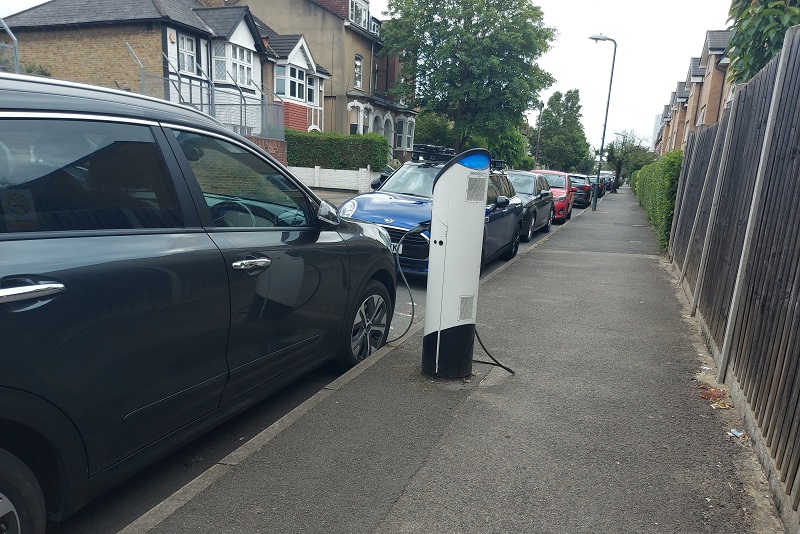
Registrations of new electric vehicles have risen significantly during 2025, according to data published by the Society of Motor Manufacturers and Traders (SMMT).
The data shows 478,657 new electric cars have been registered so far in 2025, a 25% increase on the 383,278 registered during the same period in 2024.
The most notable changes have been in the number of plug-in hybrid electric vehicles (PHEVs) and battery electric vehicles (BEVs) registered, with increases of 31.3% and 34.6%, respectively.
Whereas, at 9%, the number of hybrid electric vehicles (HEVs) has only increased slightly in comparison.
At 25%, new registrations of electric cars are significantly ahead of the overall car market, which rose by 3% across the period.
New £650 million grant will ‘slash’ electric car prices
The stats come as the government announces a new £650 million grant scheme for manufacturers of electric vehicles.
Under the Electric Car Grant (ECG), discounts up to £3,750 will be available to UK and other manufacturers at the point of sale for new eligible electric cars priced at or under £37,000.
Drivers will start to benefit from discounts as soon as manufacturers successfully apply for their zero emission cars to be part of the grant scheme from today (16 July), with funding available until the 2028 to 2029 financial year.
With research showing drivers cite upfront costs as a key barrier to adoption, the DfT hopes the grant will continue to narrow the upfront cost between petrol and electric vehicles.
Analysis – why are registrations of new electric vehicles on the rise?
By Finn King, Road Safety News guest reporter
Be in no doubt, electric cars are the way of the future.
Earlier this year, the government confirmed that the long-anticipated ban on the sale of new petrol and diesel cars has been brought forward to 2030 – with a ban on hybrid cars to follow in 2035.
But even before those deadlines, the SMMT data shows more and more people are turning to electric cars, and there are several factors playing a part in this.
The number of public charging points is on the rise, Government figures show, easing concerns many drivers have about how and when they can charge their vehicles. Especially on long trips.
For example, many new electric vehicles have an average range of around 200 miles per full charge – meaning especially long journeys would require multiple charges.
Data shows as of July 2025; there are more than 82,000 charging spaces publicly available – compared to 64,632 in July 2024 – and just 44,020 in July 2023.
Equally, the ability to charge vehicles at home is becoming more commonplace.
In the summer of 2022, the government put into place law requiring all new build homes had to come with an electric charging port.
And finally, over the past couple of years, the price to purchase EVs has fallen immensely.
According to industry data quoted by the government, the purchase price of an EV – relative to an equivalent internal combustion engine (ICE) vehicle – has dropped from around 50% in 2020 to around 40% in 2023.
With battery costs reducing and continued innovation, some external forecasts predict that EVs could be around the same price to purchase as a petrol or diesel car by the end of the 2020s.
And even if the initial price of electric cars is more expensive, the cost of running them is now lower than an ICE car.
For example, the price you pay per mile for a normal petrol/diesel car is around 13-17p a mile – whereas for new electric cars, the price could also be as little as 3p depending on the type of charger used.
Comment on this story